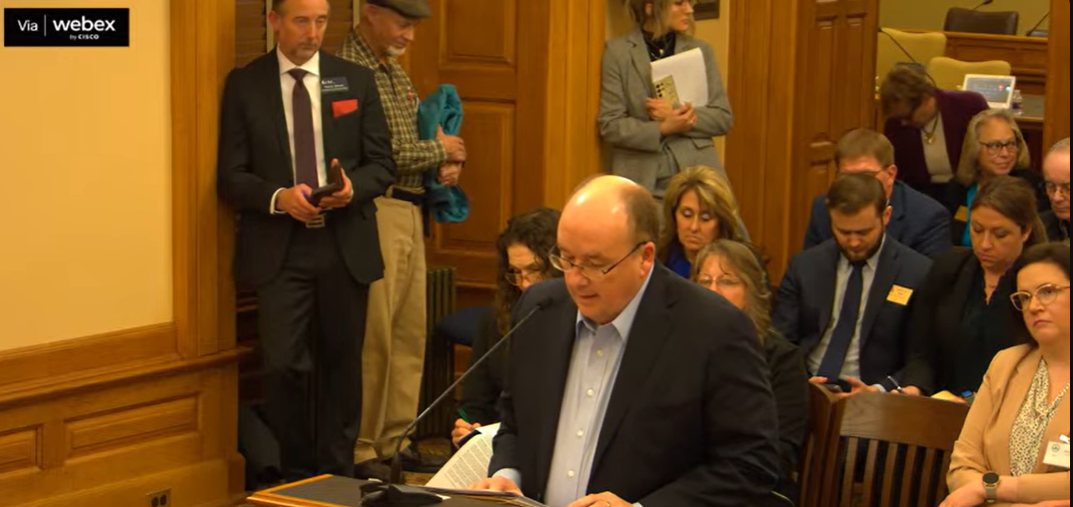Questions to Ask When Touring a Long-Term Care Facility
Choosing a long-term care facility can be a daunting experience. Most people have no idea where to begin. There are so many things to consider! So many questions! KABC has compiled a list of eight important questions to ask and have answered, to help make your decision a bit easier. For more information and additional tips, please check out our resources, “Is This the Nursing Home to Choose?” or “Planning for Better Care.”
1) What is the resident to staff ratio? During your tour, inquire about the number of staff in the facility vs number of residents. A higher staff ratio often means residents receive more personalized care and attention. It can also lead to better outcomes for residents including reduced rates of infection, fewer falls and improved quality of life.
2) How do you handle medical emergencies and provide ongoing care? Medical emergencies can happen at any time. What procedure does the facility have in place for handling emergencies while still providing ongoing care to other residents? Delays or inadequate response can have serious consequences for resident health and well-being. Don’t hesitate to ask! Your loved- one’s safety depends on it!
3) What types of recreational activities and social events do you offer? Quality of life extends beyond medical care. Ask about the activities and other events offered. Social isolation can have a negative impact on a person’s mental and physical health, so it’s important for residents to have opportunities for social engagement and connection. A vibrant community enhances residents’ well-being.
4) What safety measures are in place to prevent falls and accidents? Ensuring safety is paramount for residents in long-term care facilities. Falls are a serious concern, especially if call lights go unanswered. When touring, ask about staff
response times to call lights, and what protocols are in place to prevent falls. If a fall occurs, does staff call 911? Do they attempt to pick up the resident or wait for help? Is the fall reported to the Kansas Dept. for Aging & Disability Services? (FYI - reporting is mandatory.)
5) How do you ensure that residents receive personalized care plans tailored to their needs? During your tour, always ask about the process for creating individualized care plans. Advocate for person-centered care. How does the facility assess resident needs and preferences to make sure they receive the care they require and deserve in a dignified fashion?
6) What is the protocol for administering medications to residents? How do you assure accuracy and compliance? Accurate medication administration/management is vital for the health and safety of residents. Ask how the facility maintains accuracy in dosage and documentation. Understanding these processes can help assure your loved-one receives the right medication at the right time.
7) What are your dining options and meal plans offered, including any special/restricted dietary accommodations? Nutrition tailored to individual need, including religious/cultural belief, food preferences or medically-restricted diets is crucial for the well-being of any resident. Ask how these needs are met. Knowing your loved-one is getting the proper nutrition can provide peace of mind.
8) What types of therapies and rehabilitation services are available on-site for residents who require them? Fostering holistic well-being means addressing both physical and mental health needs in long-term care settings. Ask about the availability of physical, speech and occupational therapy services. Are they available in-house? Do you offer mental health support? Understanding these services can ensure the facility offers multidisciplinary care.






